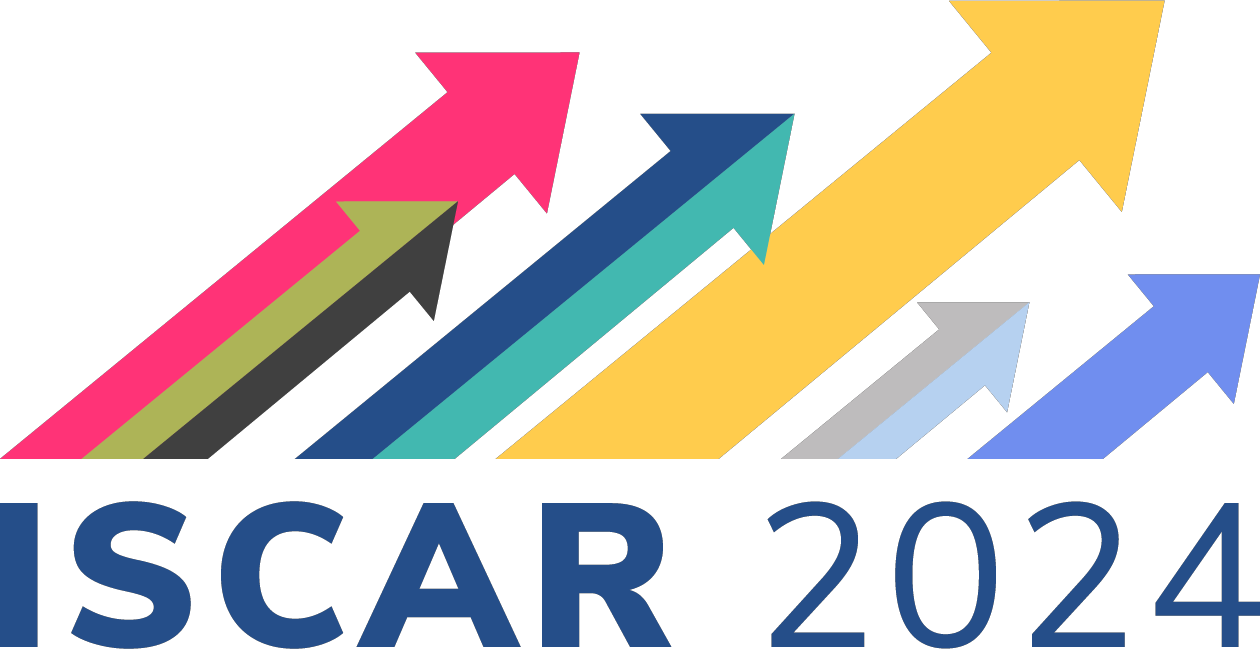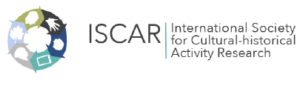Workshop A
Inclusion in the cultural historical theory of child development
A one day CHACDOC workshop
This programme is still under development and subject to change.
Workshop B
Moving forward with Science, Technology, Engineering, and Mathematics (STEM) Education and Cultural-historical Activity Theory
A one day STEM workshop
This programme is still under development and subject to change.


